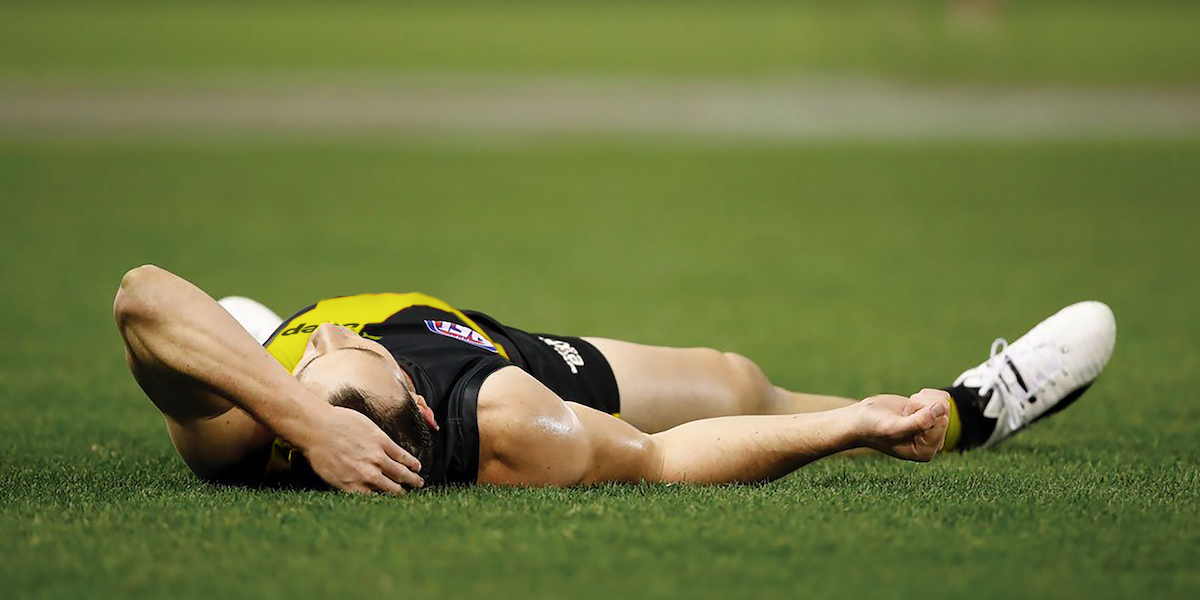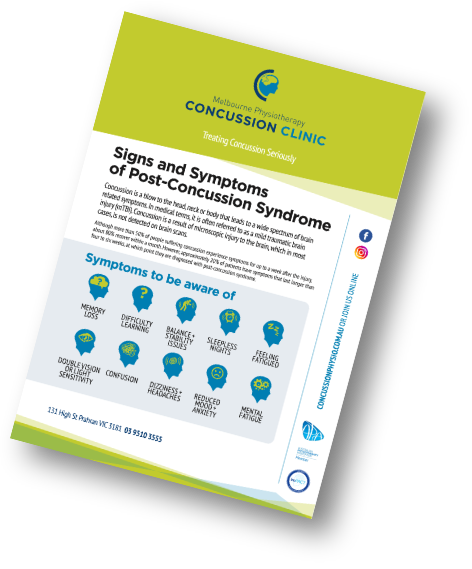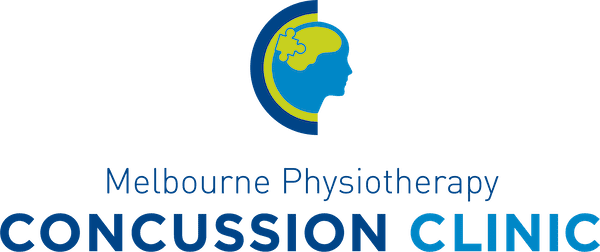What is a concussion?
A concussion is a significant blow to the head, head neck or body. Specifically, when the impact has produced a mild brain injury whereby the brain has moved too quickly within the skull cavity.

Concussion leads to a wide spectrum of brain-related symptoms. In medical terms, it is often referred to as a mild traumatic brain injury (mTBI). A concussion is a result of microscopic injury to the brain, which in most cases, is not detected on brain scans and can have a greater impact than you might think.
A blow to the head, neck or body can cause the brain to move quickly back and forth inside the skull. Such injuries also can result in a rotational injury in which the brain twists, potentially causing shearing of the brain nerve fibres. It is not yet known exactly what happens to brain cells in a concussion, but changes in chemical function appear to be involved. As a result, the impact of this injury to the brain can lead to a wide continuum of symptoms and puts extra demands on the body to recover.
Although more than 50% of people suffering from concussion experience symptoms for up to a week after the injury, about 80% recover within a month. It is normal for symptoms to go away gradually. However, approximately 20% of patients have symptoms that last longer than four to six weeks, at which point they are diagnosed with post-concussion syndrome.
Around the world now, schools and health-care practitioners are starting to take concussion and its effects very seriously. The identification, treatment and ramifications have been widely investigated and we know a lot more now, leading to better recovery times and awareness. Management techniques and approaches to tackle concussion have improved greatly, leading to much safer return to play protocols.
Appropriate clinical intervention, including a dedicated physiotherapy based post-concussion rehabilitation program, has been shown to produce positive outcomes and accelerate recovery.
Find out more
What are the signs and symptoms of concussion?
Download the flyer
